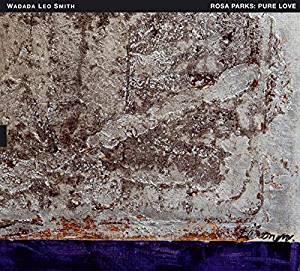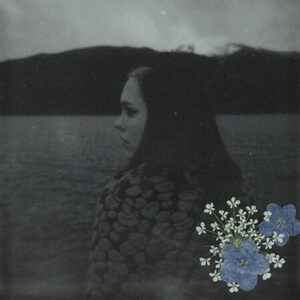
Wadada Leo Smith
Rosa Parks: Pure Love. An Oratorio of Seven Songs
TUM Records
There is a lot we’re not getting from a recording of Wadada Leo Smith’s oratorio about Rosa Parks. The work, as staged, includes three singers at center stage, a string quartet stage left, a trumpet quartet stage right with a drummer, Singer Min Xiao-Fen also plays the pipa and there are dancers, stage lighting to convey mood and a video backdrop of scenes for the civil rights movement. That’s a lot of sensory input that we’re not getting from an audio recording. As I listen to this recording, I yearn for a video presentation to fill out the experience.
The Rosa Parks Oratorio fits with Wadada Leo Smith’s late career prolific output. The jazz trumpeter and composer has been pursuing long form works that explore political, ecological and spiritual themes. I have enjoyed Smith’s Great Lakes Suites and America’s National Parks which are structured like European art music and executed with jazz ensembles. Rosa Parks is the natural successor to the four hour plus meditation, Ten Freedom Summers.
Wadada Leo Smith describes the work on his website as a “composition that conveys a philosophical and spiritual narrative about my vision of Rosa Parks. The oratorio is concerned with ideas of freedom, liberty and justice. This meditation is centered around the Civil Rights movement.”
Rosa Parks is a challenging, complex piece of music that resists categorization. The oratorio comes out of the same tradition as opera. The musical interludes are play off impressionistic jazz and atonal, Avant-garde composers like Grogy Ligeti. The vocal parts are voiced in an operatic manner (which I must admit is a musical format I’ve never been able to embrace). NO libretto was provided, so I wasn’t really able to follow the words but just accepted them as part of the soundscape. “No Fear” is the most accessible of the vocal sections where the text is by Smith and Rosa Parks.
Rosa Park: Pure Love is not a work for casual listening. It reveals layers of meaning with repeated listening. The passages that seem like atonal fragments resolve into an understandable part of the soundscape. Like many important works though, I think it makes the most sense in a live setting. I also wonder why a piece of music so drenched in the American experience is only being release with a Finish record company.












